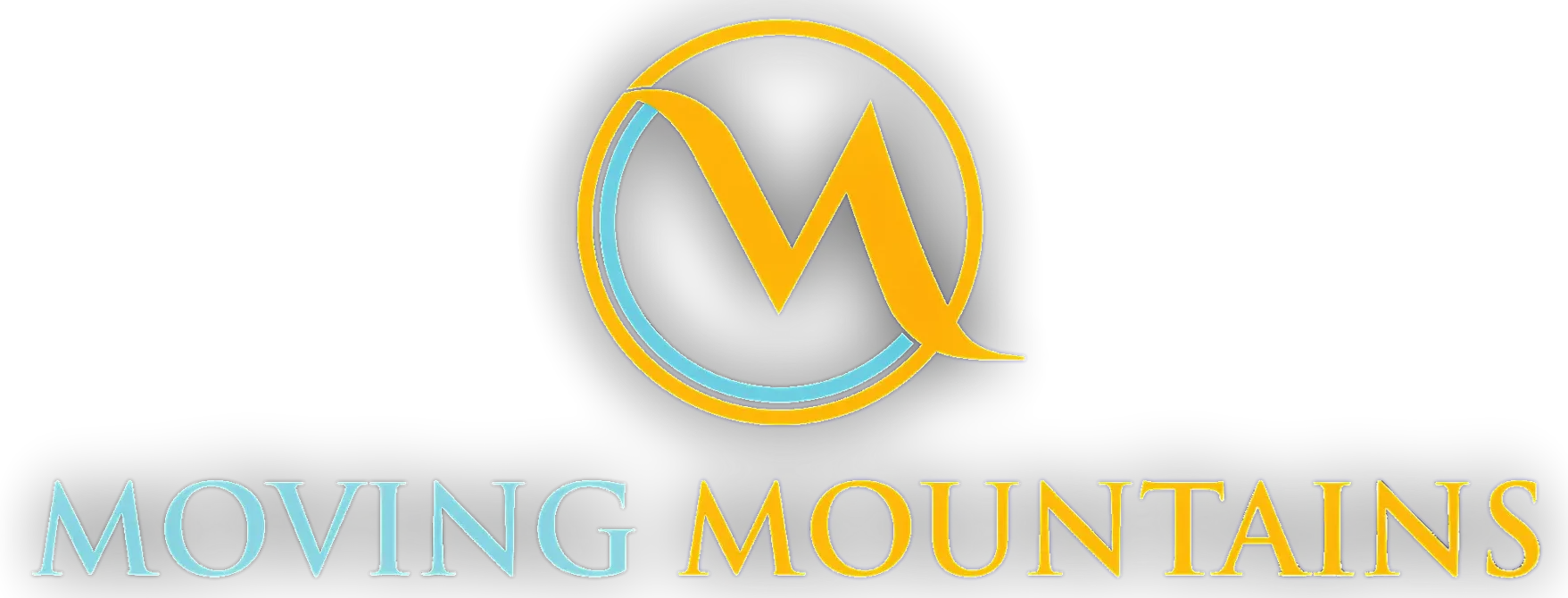Navigating Higher Education: Support Systems for Students with Disabilities

Higher education is a gateway to independence and professional success. However, for students with disabilities, navigating college or university life can present unique challenges. From physical accessibility to classroom accommodations, there are several barriers that may prevent students with disabilities from fully participating in their educational journey. Fortunately, numerous support systems exist to ensure students with disabilities have the resources and opportunities to succeed. In this post, we will explore the different support systems in higher education for students with disabilities and offer tips for accessing these resources.
Section 1: Understanding Disability Services in Higher Education
Most colleges and universities provide specialized disability services that assist students with disabilities in navigating academic life. These services are designed to ensure equal access to education and are a critical component of the inclusive learning environment.
1. Disability Services Office
The Disability Services Office (DSO) is the primary point of contact for students with disabilities. The office coordinates accommodations, assists with accessibility issues, and provides guidance on advocacy within the campus community. Key responsibilities of the DSO include:
- Academic Accommodations: This includes providing extra time for exams, providing course materials in alternative formats (e.g., Braille, large print, audio), and offering note-taking services or audio-recorded lectures.
- Accessible Housing and Facilities: The DSO works with housing offices to provide accessible dormitories and ensures that campus facilities, including restrooms, dining areas, and classrooms, are accessible to students with mobility challenges.
- Assistive Technology: Many colleges offer assistive technology to support students with disabilities. Tools such as screen readers, speech-to-text software, and audio enhancements help students engage with course materials effectively.
2. Accommodations Process
To access these services, students typically need to submit documentation of their disability to the Disability Services Office. This documentation may include medical records, psychological evaluations, or recommendations from healthcare professionals. Once approved, students will meet with a disability services counselor to discuss the accommodations they require.
Section 2: Financial Assistance for Students with Disabilities
Pursuing higher education can be expensive, and students with disabilities may face additional financial challenges due to medical costs or specialized equipment needs. However, there are several financial aid options available to support these students in their academic endeavors.
1. Scholarships for Students with Disabilities
Several organizations offer scholarships specifically for students with disabilities. These scholarships help reduce the financial burden of tuition and other educational expenses. Examples include:
- The Anne Ford and Allegra Ford Thomas Scholarship: A scholarship for students with learning disabilities to help cover the cost of college tuition.
- The National Federation of the Blind Scholarship Program: Offers scholarships to students who are legally blind.
- The Google Lime Scholarship: Aimed at students with disabilities who are pursuing careers in technology and computer science.
2. Grants and Funding Options
In addition to scholarships, students with disabilities may qualify for various federal or state-funded grants, including the Pell Grant and the Supplemental Security Income (SSI) program. These grants provide financial assistance based on need, ensuring that students can access education regardless of their financial situation.
Section 3: Academic Success Strategies for Students with Disabilities
While there are many resources available, students with disabilities can also benefit from proactive strategies to ensure academic success. Here are a few tips:
1. Building a Support Network
One of the most important factors in academic success is building a strong support network. Students should connect with campus disability services, faculty members, peers, and campus support groups for students with disabilities. These relationships will provide emotional and academic support throughout their college experience.
2. Self-Advocacy
Students with disabilities must be prepared to advocate for themselves and their needs. This includes requesting accommodations, communicating with professors about specific needs, and being proactive in addressing any issues that arise. Self-advocacy helps students become empowered and ensures that they receive the support necessary for success.
Section 4: Resources for Finding Disability-Friendly Colleges and Universities
For students with disabilities, choosing the right college is crucial. Many institutions offer specialized services and inclusive policies to support students with disabilities. Resources to help students find the right college include:
- The College and Career Readiness Program: Offers guidance on selecting institutions that provide comprehensive services for students with disabilities.
- College Search Websites: Websites like College Confidential and The College Board allow students to filter colleges based on accessibility and accommodations.
- National Center for College Students with Disabilities: Provides a directory of colleges and universities with information on their disability services.
Conclusion
Higher education offers students with disabilities the opportunity to achieve their academic and career goals. With the right support systems, accommodations, and resources in place, students with disabilities can thrive in college environments. It is important to connect with disability services early in the college journey to ensure access to the necessary tools for success. With the proper advocacy and a strong support network, students with disabilities can reach their full potential in higher education.







